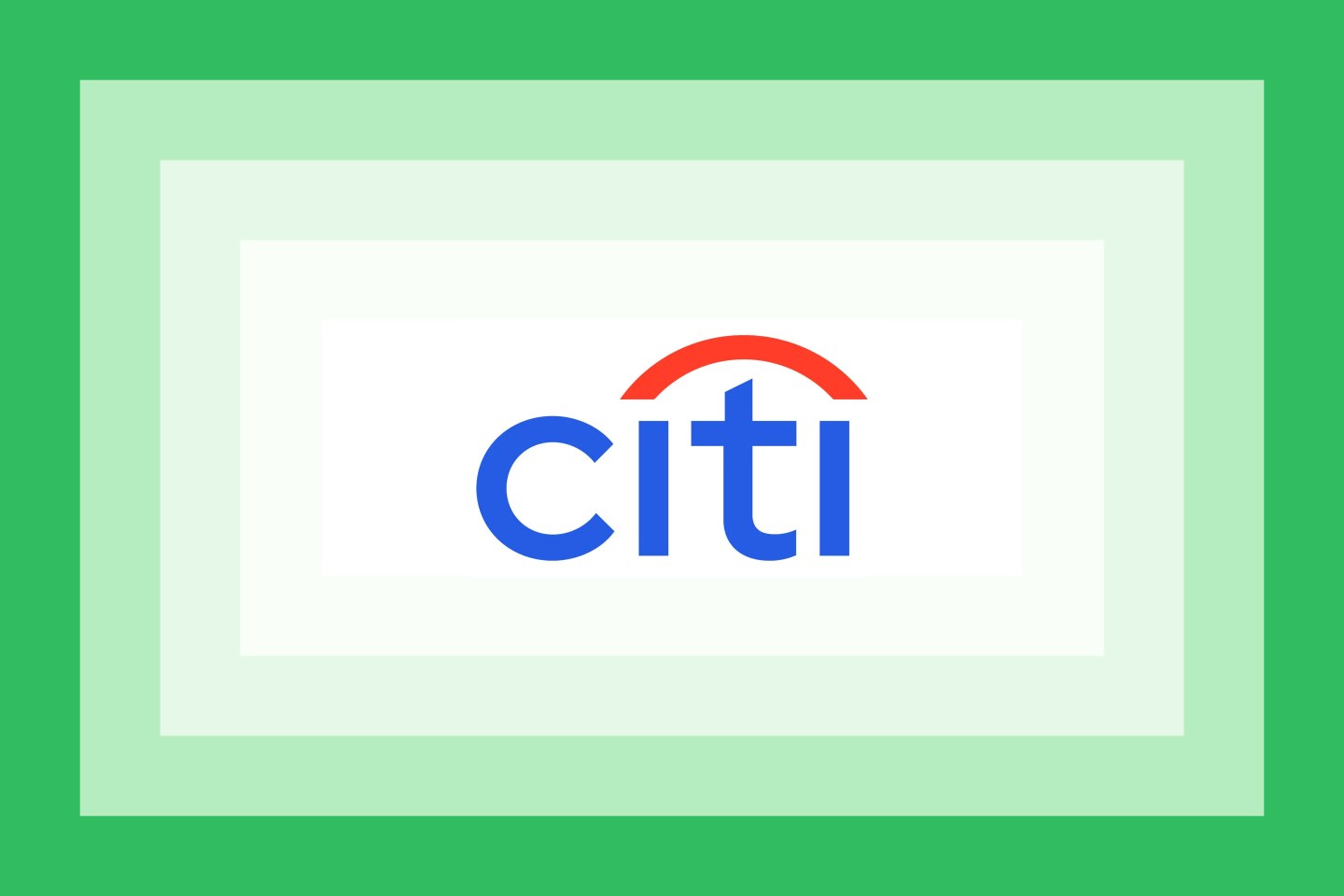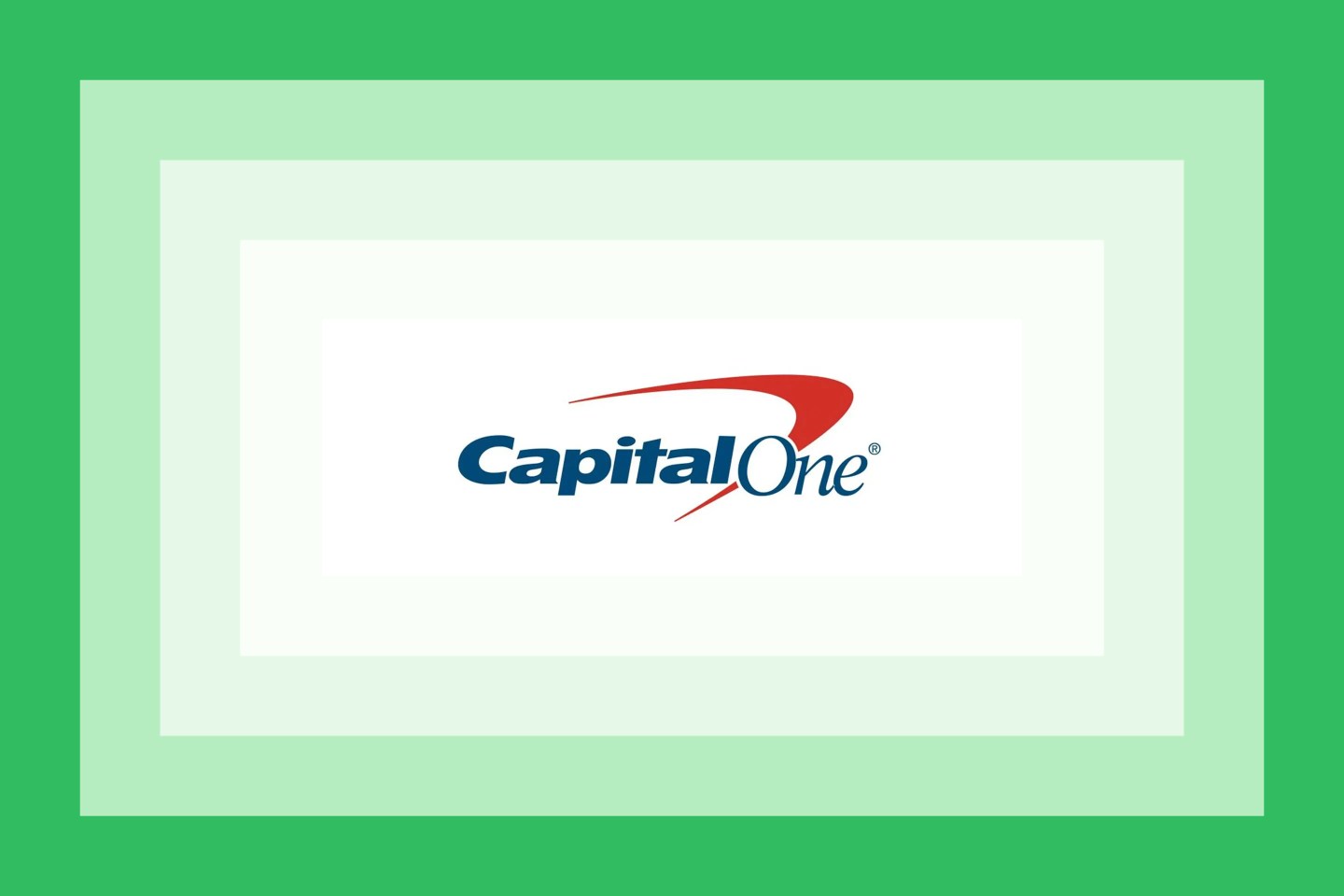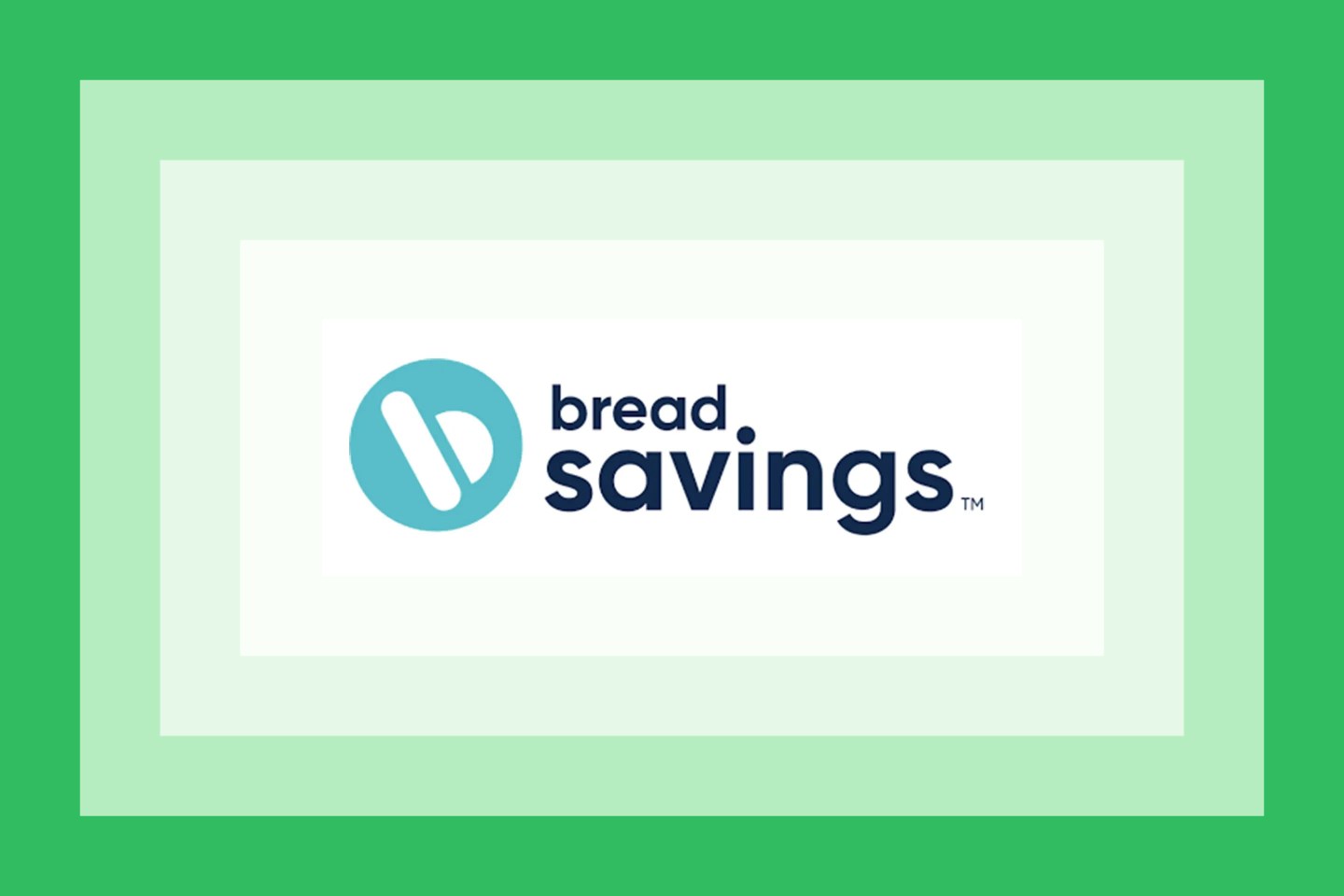Recent events in Orlando underscore an important marketing truth: consumer safety and security are mission critical. A popular nightclub, Pulse, known as a safe place for the LGBT community, is put out of business at least temporarily by a terrorist act. Not far away at a Walt Disney World resort, the reputation of one of the greatest global brands is sullied by a tragic alligator attack on a small child.
The marketer has no greater responsibility than to ensure the safety of the consumer. So why do we not hear more about safety? The ugly truth is safety doesn’t sell.
Marketers don’t want to undercut a positive message about a product’s benefits with safety warnings. That might make you feel uncomfortable and even dissuade you from buying the brand. You might instead buy a competitive product that doesn’t flag safety issues quite as much.
Risk management committees typically focus on financial controls, not on risks to consumers and brand reputations. That’s not good enough.
Even marketers who pay special attention to safety are reluctant to tout their superiority. You never see comparison advertising from an airline highlighting a superior flight safety record. Such behavior would not sit well at the annual industry association meeting and your holier-than-thou superiority claim might tempt fate and attract a terrorist attack. If anything, safety is downplayed as pre-flight instructions to airline passengers are now routinely presented in a comedy format. Safety is viewed as a “must have” but not a differentiator.
For more on safety, watch this Fortune video:
Volvo is one of a few brands that have relentlessly emphasized safety in its marketing, being early into seat belts, side air bags and other features that appealed especially to middle class families carrying the precious cargo of young children. Volvo’s latest goal is that no one should die in a Volvo car after 2020.

Most firms just quietly test their products and services, receiving the blessing of Underwriters Laboratories, the Consumer Product Safety Commission, or the local fire department. Government regulations backed up by regular inspections can help. Third party testing companies can insure that industry standards are met.
Security and safety now paramount on consumers’ minds
But most companies do not innovate around safety or push for tougher safety standards; they merely comply with existing requirements. Because extra safety pushes prices up and can’t be marketed, there’s no point in investing in it until a tragedy requires you to do so.
A string of bad incidents can change that. A pyrotechnic display gone wrong in a Rhode Island night club, the Paris discotheque attacks, now followed by the Orlando disaster all prove that lightning can strike twice. The message is getting around that night clubs are crowded, loud, dark and dangerous places where security and safety are often shortchanged. Consumers need to beware, owners need to (be forced to) take more care.
The Disney (DIS) brand is robust enough to survive its alligator nightmare. But the brand identified with family friendly fun and entertainment in the Magic Kingdom has taken a tragic knock to its credibility. No doubt consumers will ask more questions, at least in the short-term, and Disney will order a top-to-bottom safety review across all its properties worldwide.
Most boards of directors are keenly interested in the latest sustainability or corporate responsibility report. They do not routinely ask for or receive a product safety review. Risk management committees typically focus on financial controls, not on risks to consumers and brand reputations. That’s not good enough.
The range of safety risks has expanded and consumers everywhere are trying new products and experiences they aren’t familiar with. Marketers must do more to educate consumers about safe behaviors and not worry so much about putting them off. Consumers will appreciate their honesty.
This article was originally published on HBS Working Knowledge.
John A. Quelch is Charles Edward Wilson Professor of Business Administration at Harvard Business School.












